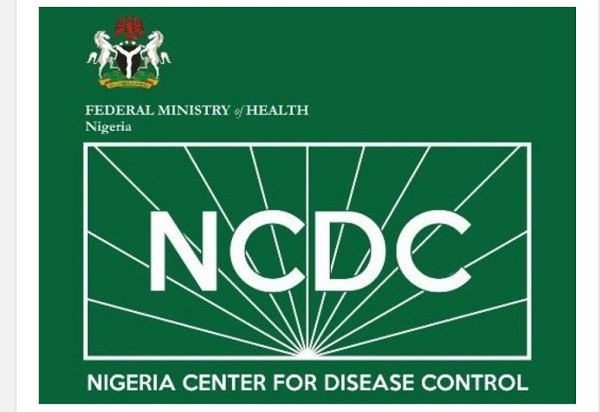
The Nigeria Centre for Disease Control and Prevention (NCDC) has called for support from the nation’s legislative bodies to prioritise strategic legal reforms and increased funding in order to strengthen the country’s epidemic preparedness and response (EPR) systems.
The director-general of NCDC, Dr. Jide Idris emphasised in an interview with journalists at the Fifth Annual Legislative Summit on Health with the theme “Improving Legislative Stewardship and Accountability for UHC”, that there is an urgent need for national and subnational legislative actions to enhance Nigeria’s health security.
Idris stressed that robust EPR capabilities are vital for safeguarding public health, maintaining economic stability, and ensuring national security. He highlighted Nigeria’s vulnerability to various health emergencies, including disease outbreaks, natural disasters, and climate-related events.
He pointed out major outbreaks between 2014 and 2023, such as Ebola, the re-emergence of polio, and the COVID-19 pandemic, which underscored the urgent need for comprehensive preparedness and response mechanisms.
To strengthen EPR, Idris called for the National Assembly to expedite the passage of critical bills such as the Public Health Emergency Bill 2023, the National Health Act (Amendment) 2023 and the NCDC Act (Amendment) Bill 2023.
He also emphasised the urgent need for increased budgetary allocations to EPR, with only 0.3 per cent of the health budget currently dedicated to EPR, which he deemed insufficient to ensure sustainable financing for health security initiatives.
Idris stressed the importance of compliance with the International Health Regulations (IHR) as a member of the World Health Organisation (WHO) and called for the domestication of these regulations to ensure the country meets its international obligations and strengthens its health security infrastructure.
He highlighted the critical roles that national and subnational legislators must play in enhancing EPR, including enacting comprehensive laws to support health security, ensuring accountability and effective implementation of health policies, appropriating sufficient resources for EPR and mobilising communities to support health security initiatives.
The summit highlighted critical issues affecting UHC in Nigeria, including the poor state of the healthcare system, high maternal mortality rates, reliance on foreign aid and weak public health laws.
Efforts are needed to strengthen accountability in resource use and bridge policy gaps to improve maternal and child health, and to address challenges such as financial constraints, inadequate infrastructure, and governance issues. Recommendations include improving rural healthcare access, centralising resources, advocating for health insurance and boosting local production of medical supplies to achieve better health outcomes.

